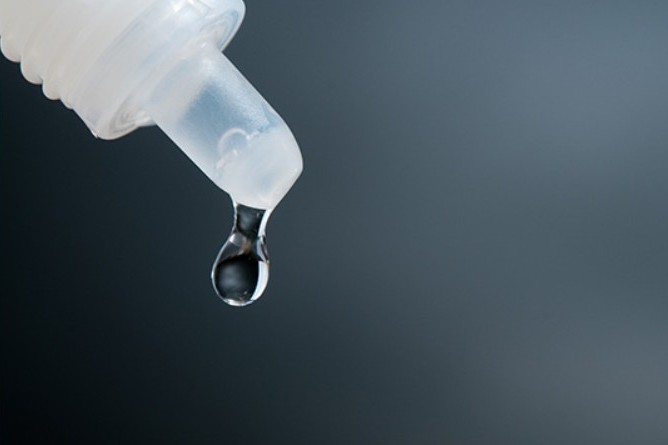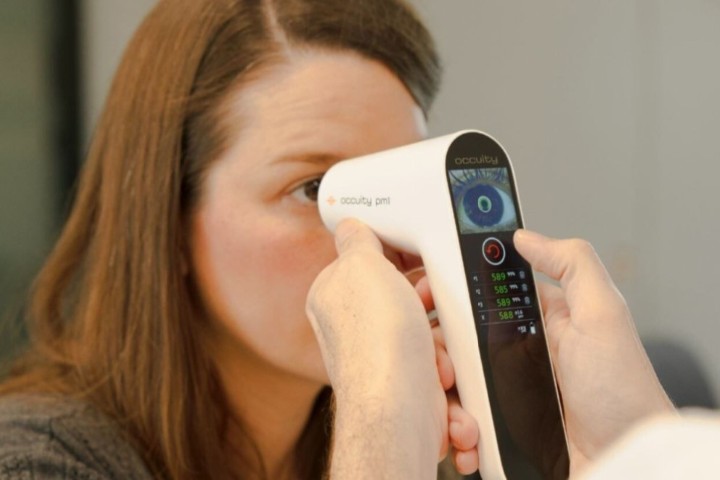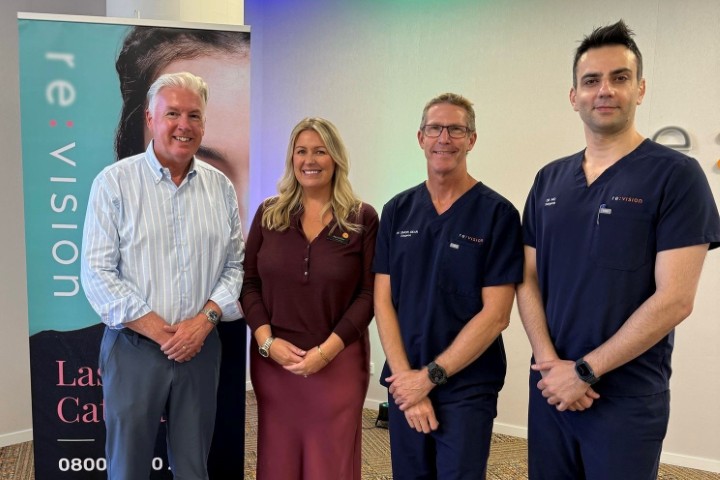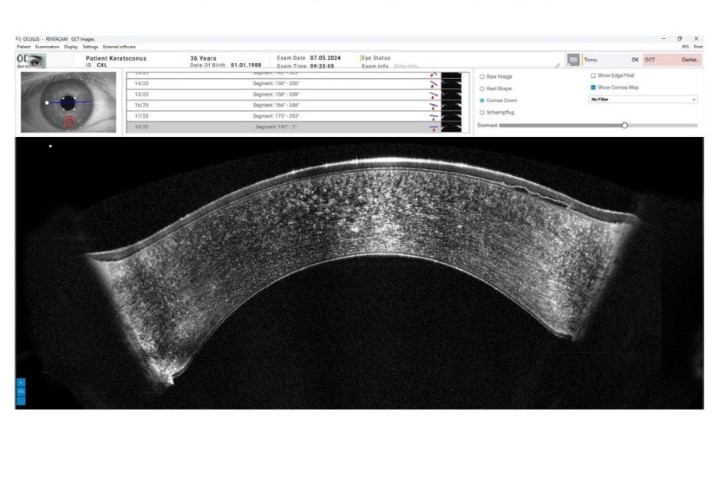Sense of touch for robots?
Stanford and Seoul National University researchers have developed an artificial nerve system which gives prosthetic devices and robots reflexes and a sense of touch. The joint US-Korean work, reported in Science, brings creating artificial skin for prosthetic limbs and restoring sensation to amputees a step closer, and means robots may one day have reflexes.
“We take skin for granted but it’s a complex sensing, signaling and decision-making system,” says Stanford chemical engineering professor Zhenan Bao. “This artificial sensory nerve system is a step toward making skin-like sensory neural networks for all sorts of applications.”
Currently, the system can activate a twitch reflex in a cockroach and identify letters in the Braille alphabet. These milestones are part of Prof Bao’s quest to mimic how skin can stretch, repair itself and, most remarkably, act like a smart sensory network that knows not only how to transmit pleasant sensations to the brain, but also when to order the muscles to react reflexively.
The new work has a long way to go before it can mimic human reflexes, but in the Science paper, the research group describes how the electronic neuron delivered signals to the synaptic transistor, which was engineered in such a way that it learned to recognize and react to sensory inputs based on the intensity and frequency of low-power signals, just like a biological synapse. It says creating artificial skin coverings for prosthetics will require new devices to detect heat and other sensations, the ability to embed them into flexible circuits and then a way to interface all of this with the brain.
In the longer term. the group hopes to create low-power, artificial sensor nets to cover robots, to make them more agile by providing some of the same feedback that humans derive from their skin.


























